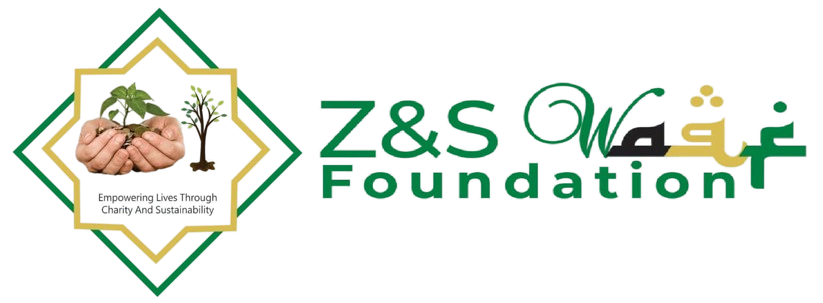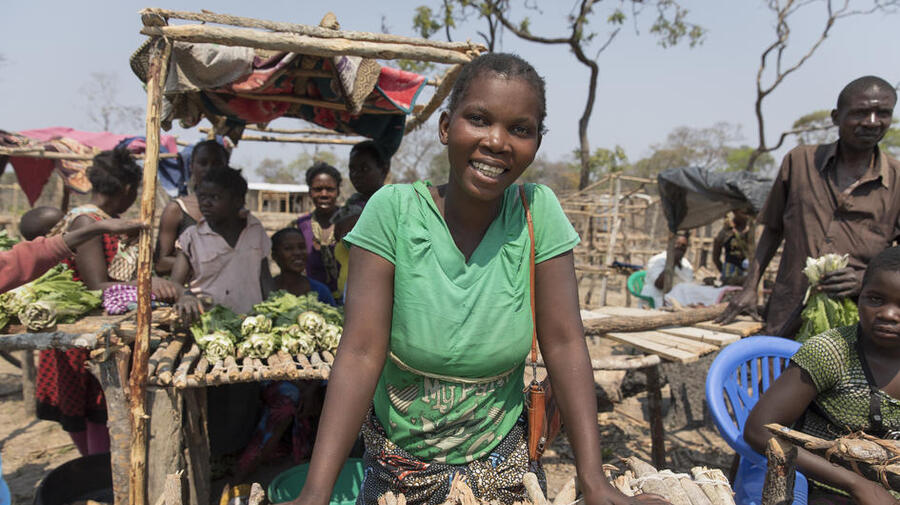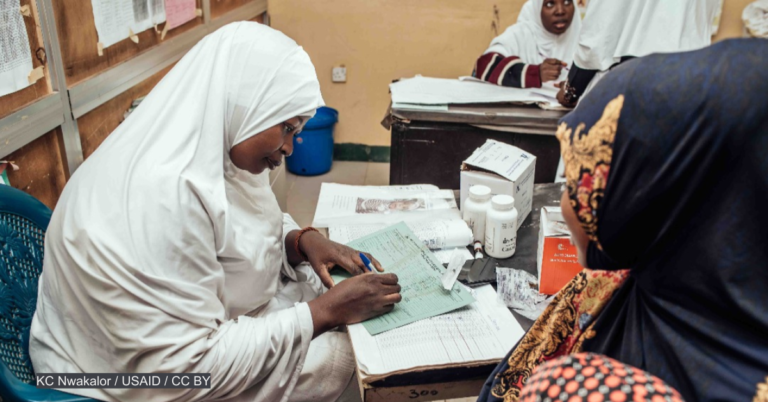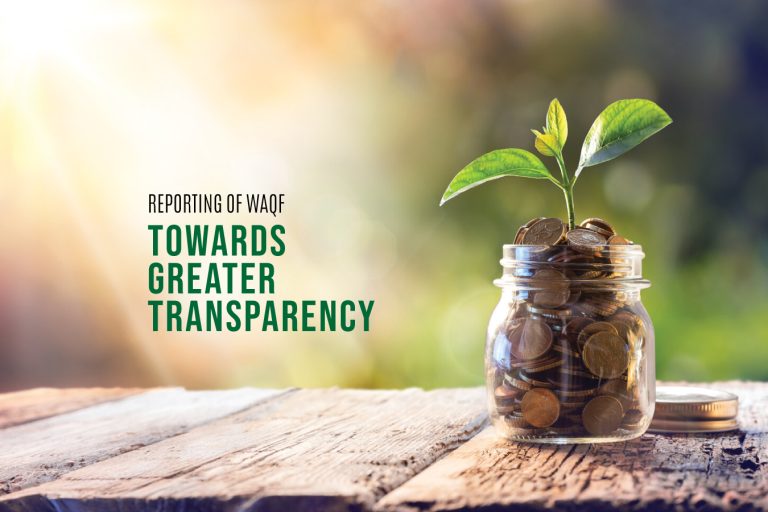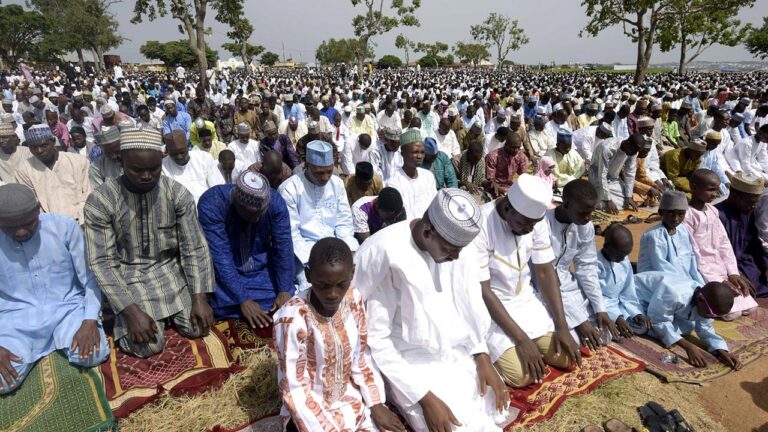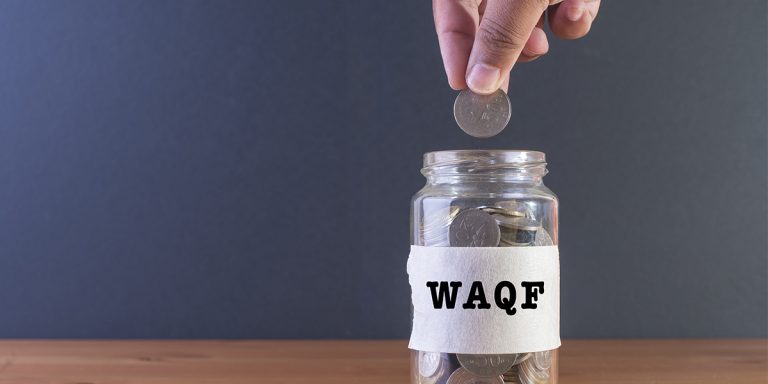Waqf and Poverty Alleviation: Empowering Communities for Sustainable Change
Poverty remains a persistent challenge in many societies, including Nigeria. However, the concept of Waqf offers a powerful solution for poverty alleviation and community empowerment. In this blog post, we will explore the transformative potential of Waqf in combating poverty and creating sustainable change in Nigeria.
- Understanding Waqf: Waqf, an Islamic philanthropic tradition, involves dedicating certain assets for the benefit of society. These assets, such as land, buildings, or funds, are held in perpetuity, and the proceeds generated from them are used for charitable purposes. Waqf has a long history of addressing social needs and has proven to be an effective tool for poverty alleviation.
- Establishing Waqf for Poverty Alleviation: Waqf can be established specifically for poverty alleviation purposes. Donors can dedicate their assets or wealth to Waqf, which can then be used to provide direct assistance to individuals and communities facing poverty. The income generated from Waqf properties or investments can fund programs that address the root causes of poverty, including education, healthcare, skills training, and access to basic needs.
- Education as a Path to Prosperity: One of the key areas where Waqf plays a crucial role in poverty alleviation is education. Waqf-funded schools, scholarships, and vocational training programs provide underprivileged individuals with access to quality education, empowering them with the knowledge and skills needed to break the cycle of poverty and create a better future for themselves and their communities.
- Microfinance and Entrepreneurship: Waqf can also be utilized to support microfinance initiatives and promote entrepreneurship among disadvantaged individuals. By providing small loans and business training, Waqf organizations enable individuals to start their own businesses, generate sustainable incomes, and become self-reliant. This approach not only empowers individuals economically but also contributes to overall community development.
- Healthcare Initiatives: Access to healthcare is crucial in poverty alleviation. Waqf can be dedicated to establishing healthcare facilities, clinics, and mobile medical units that offer affordable or free healthcare services to marginalized communities. By focusing on preventive care, treatment, and health education, Waqf organizations can significantly improve the well-being and quality of life for those facing poverty.
- Waqf for Social Infrastructure: Waqf can be directed towards building and maintaining social infrastructure, such as affordable housing, community centers, and public facilities. These investments address the basic needs of disadvantaged communities, creating a supportive environment that fosters social cohesion, access to essential services, and a sense of belonging.
- Collaboration and Sustainability: Waqf organizations often collaborate with government agencies, NGOs, and other stakeholders to maximize their impact. By forging partnerships, sharing resources, and leveraging expertise, Waqf initiatives can create sustainable, long-term solutions for poverty alleviation.
Conclusion: Waqf presents a powerful model for poverty alleviation, offering sustainable solutions that address the root causes of poverty. By focusing on education, microfinance, healthcare, and social infrastructure, Waqf organizations in Nigeria have the potential to transform communities, empower individuals, and foster long-term change. Through collaborative efforts and a commitment to sustainable giving, Waqf can play a pivotal role in lifting people out of poverty and creating a more equitable and prosperous society for all.
